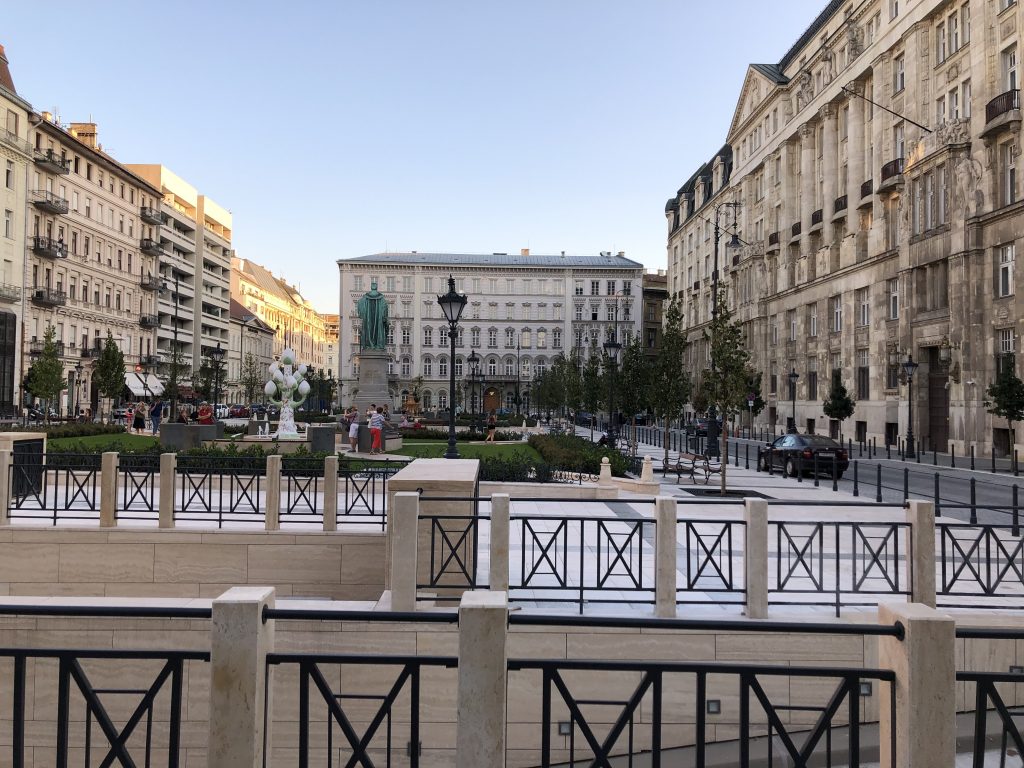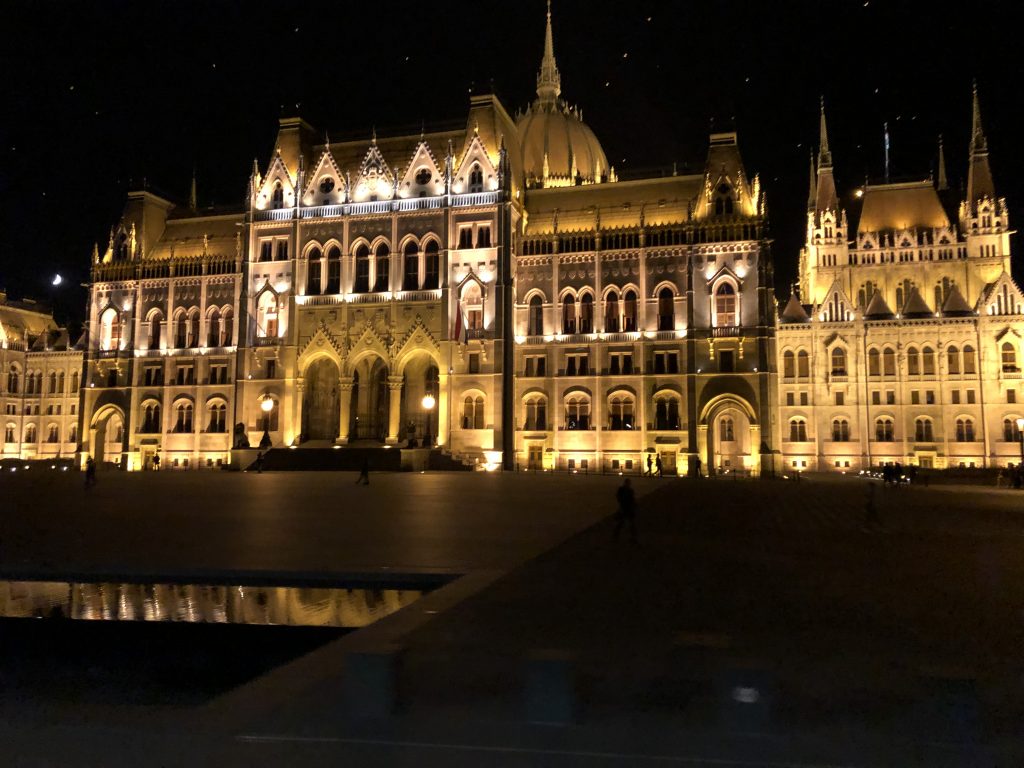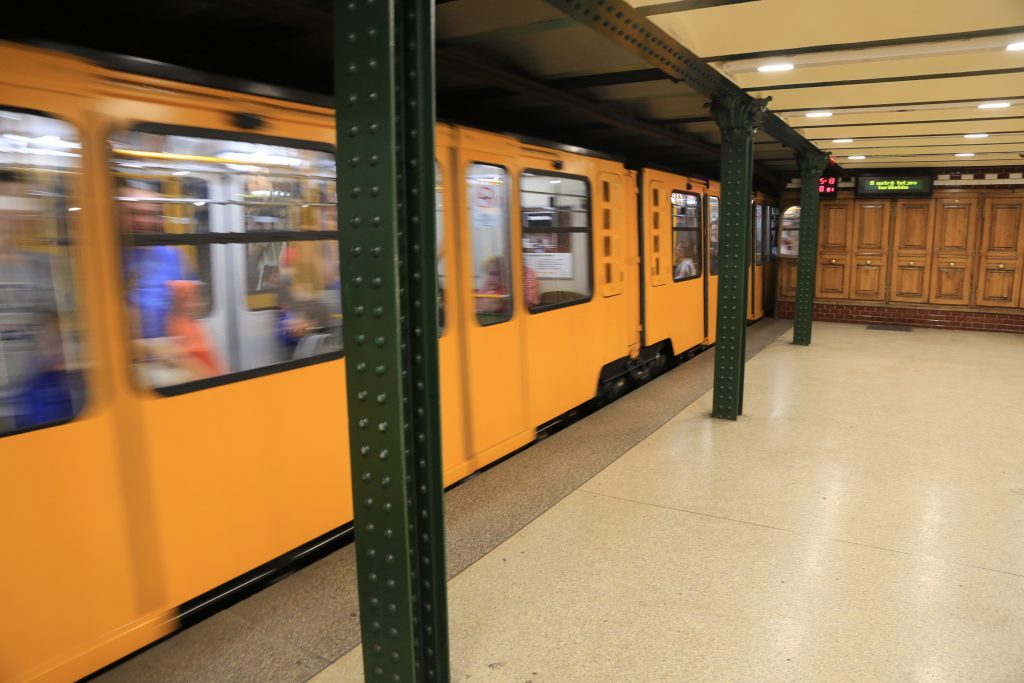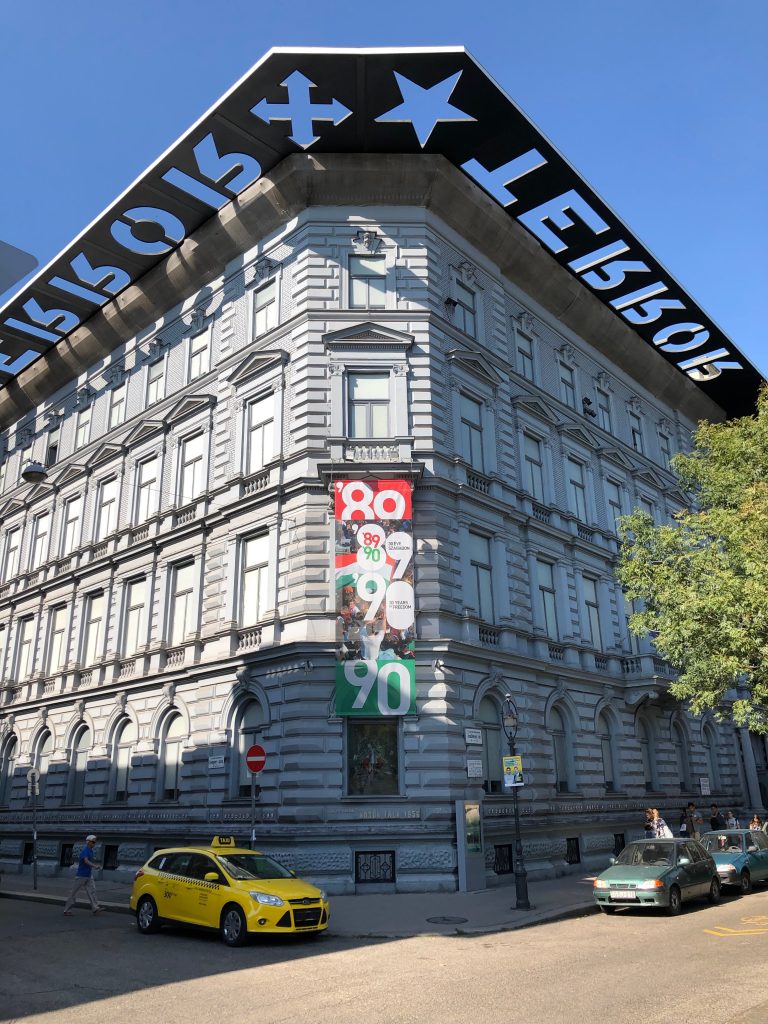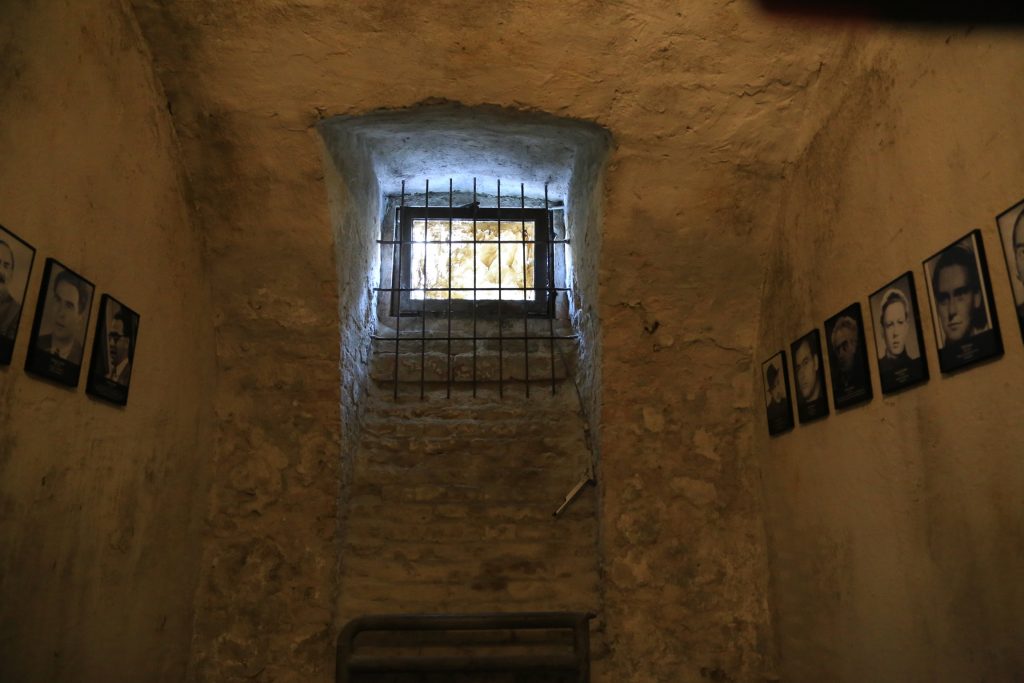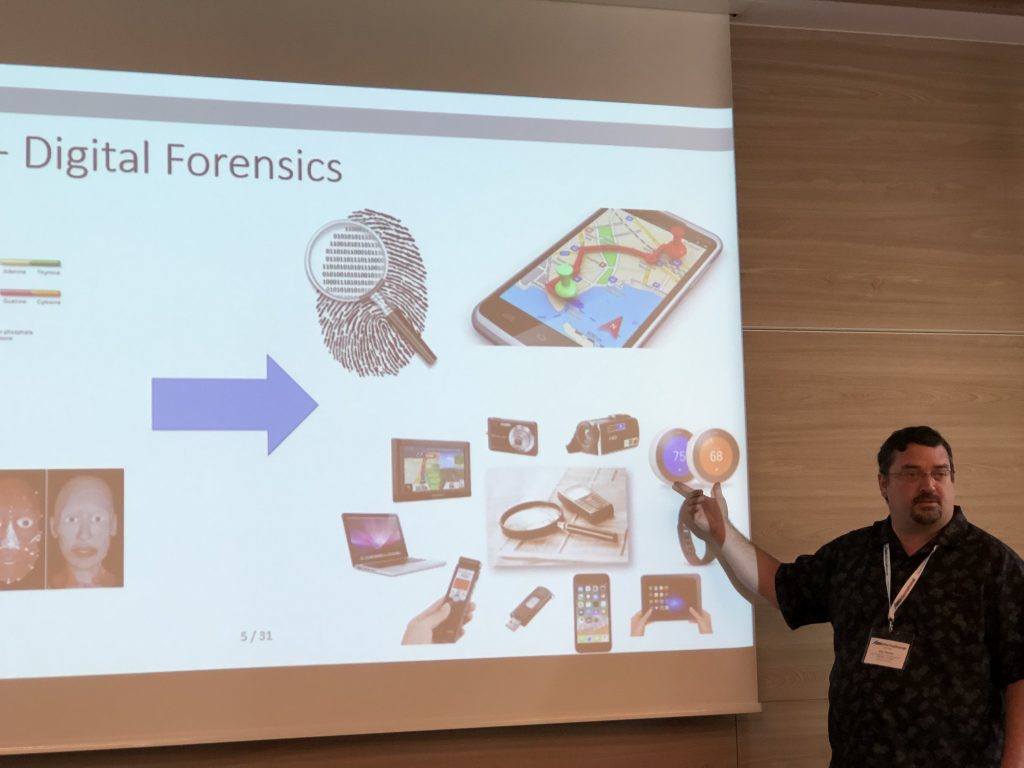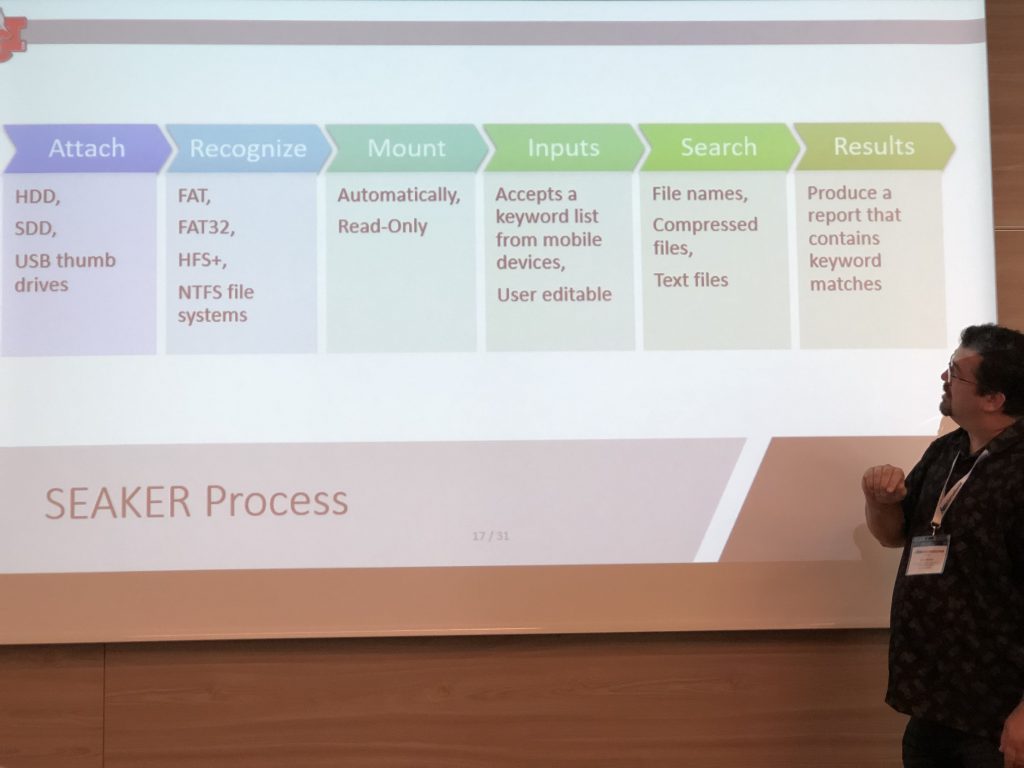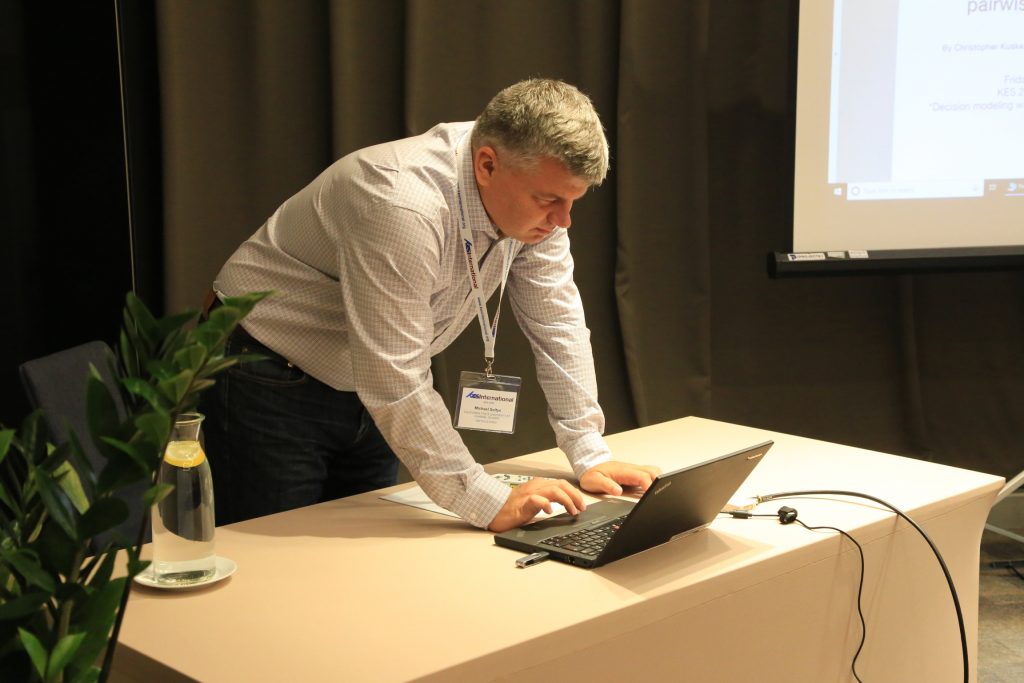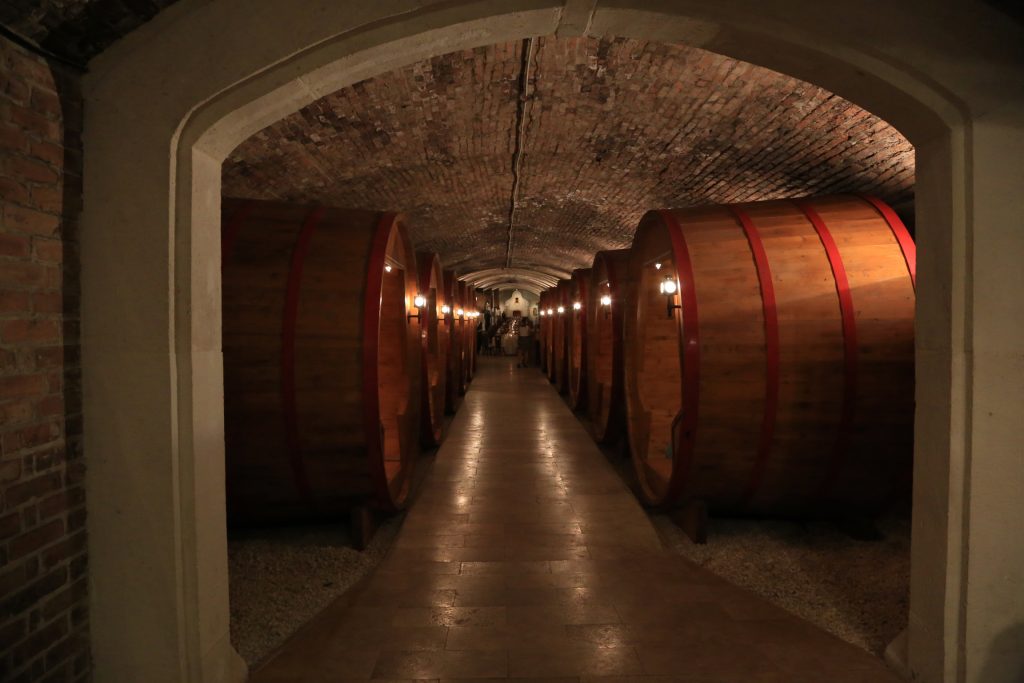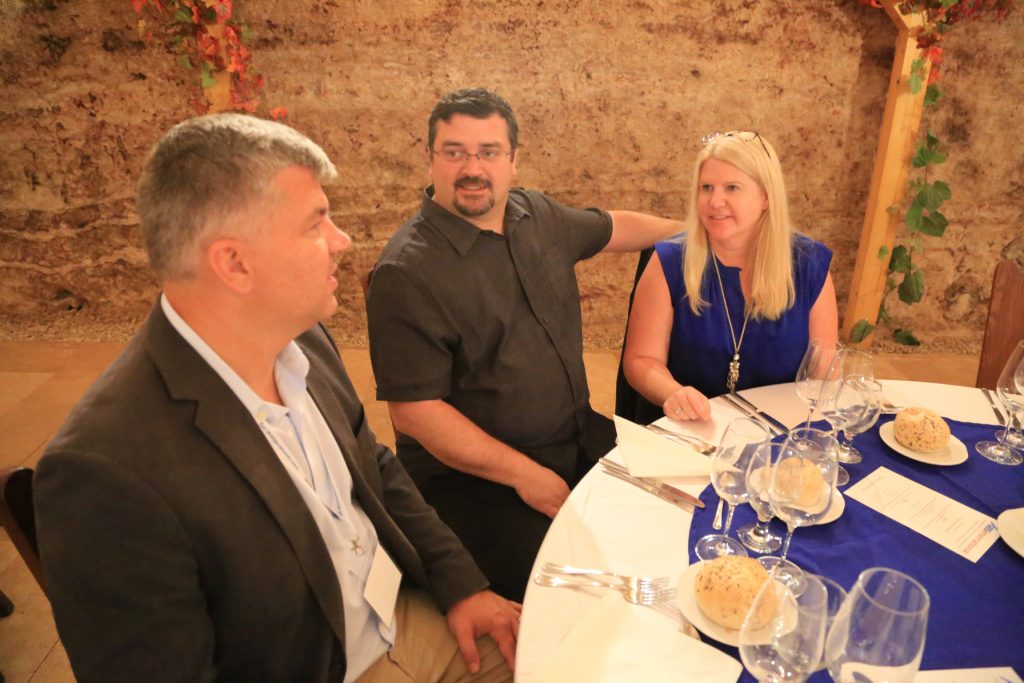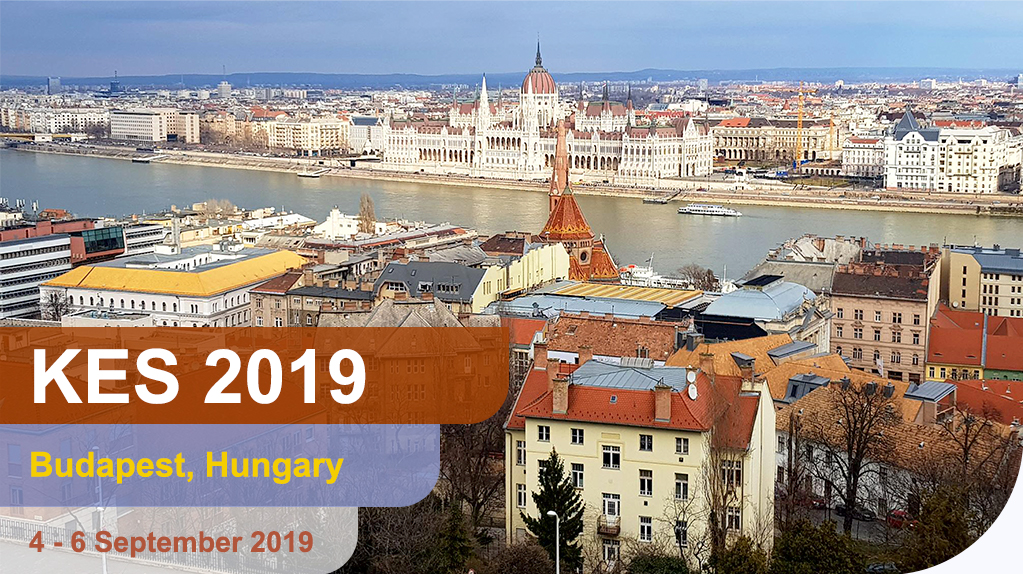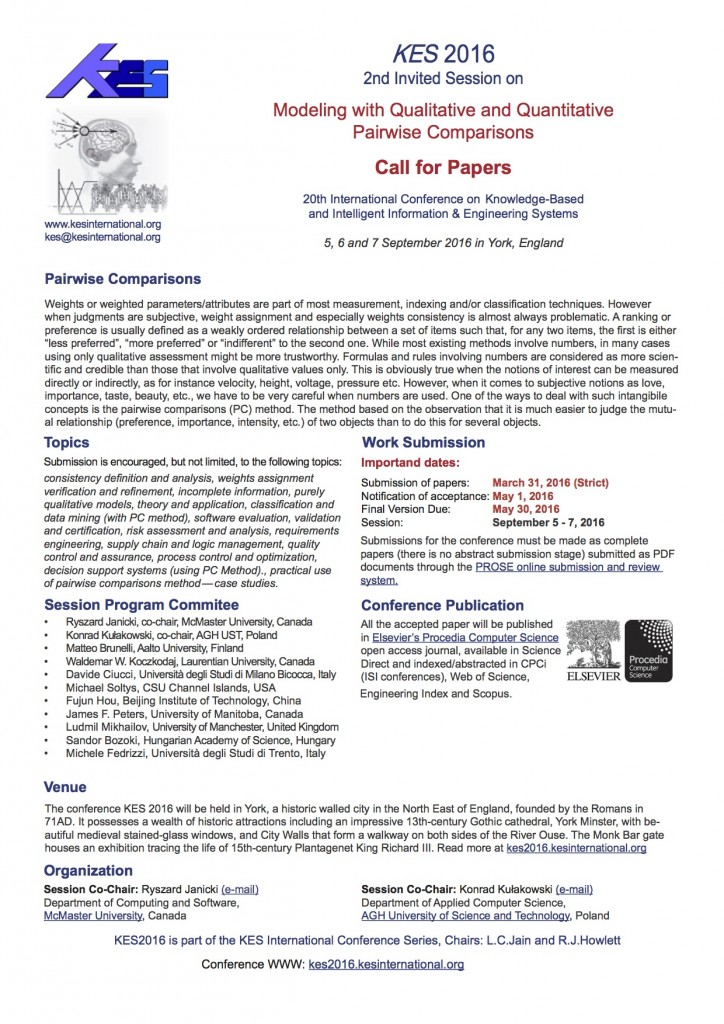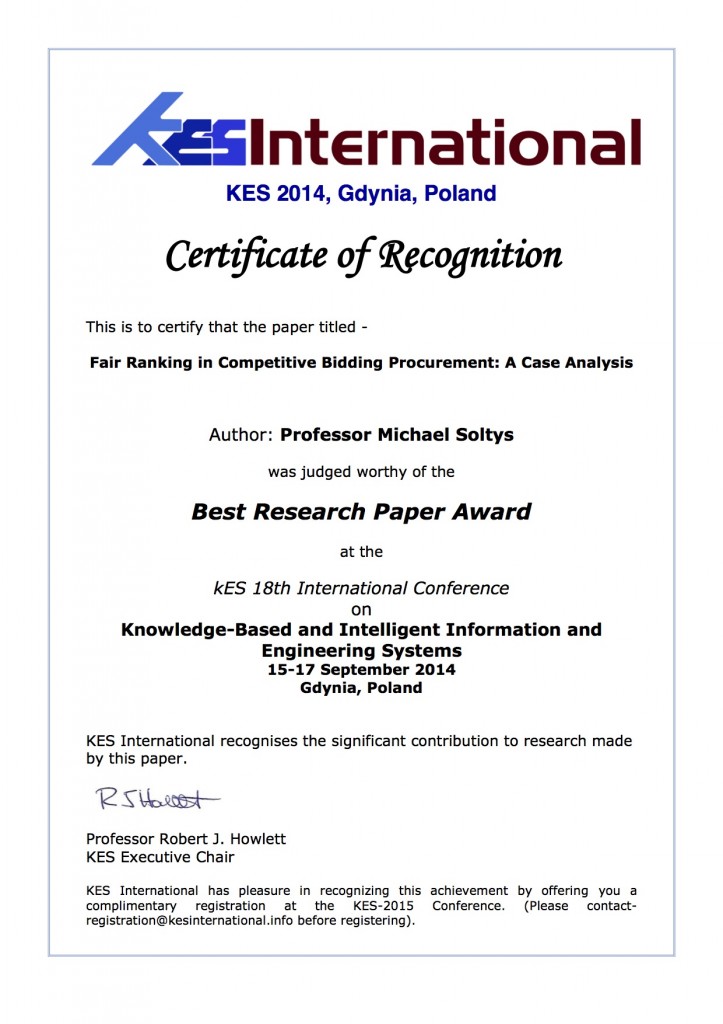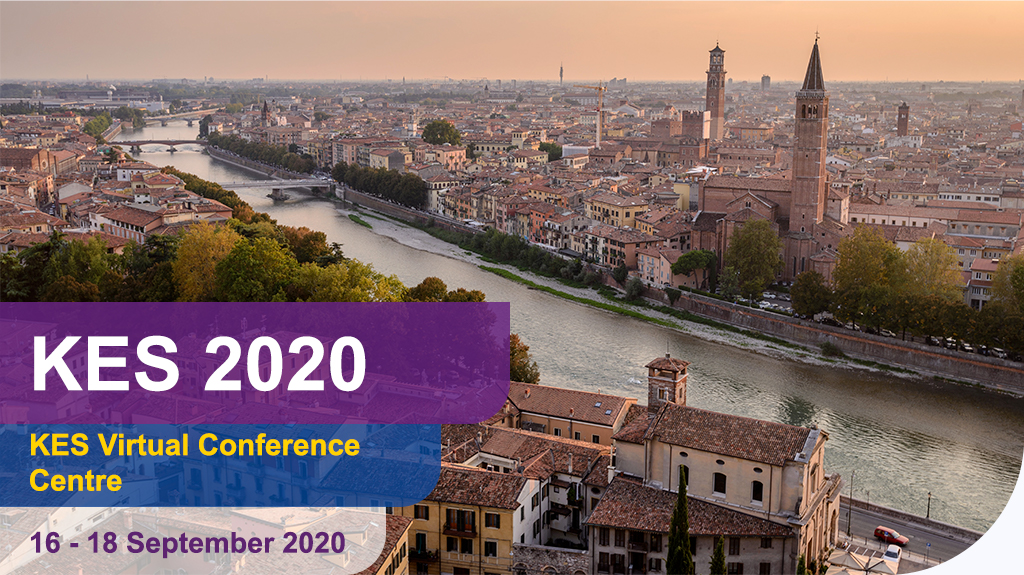
CSUCI Master of Computer Science students were successful in submitting two papers to KES 2020, the 24rd International Conference on Knowledge-Based and Intelligent Information & Engineering Systems, which this year is taking place in Verona, Italy, in September 2020. However, due to the COVID pandemic, the conference will be held virtually. The papers are the following:
- Malware Persistence Mechanisms, co-authored by Zane Gittins and Michael Soltys. Zane Gittins is a masters student in Computer Science at CSUCI, and this paper is the result of his masters thesis. Zane Gittins has worked as a Cybersecurity experts at HAAS, and currently is working at Meissner Filtration. (This paper will be presented in the General Track session G3b: Cybersecurity.)
- Voyager: Tracking with a Click, co-authored by Samuel Decanio, Kimo Hildreth and Michael Soltys. Sam Decanio is a masters student in Computer Science at CSUCI, and this paper is the result of his masters thesis and a fruitful collaboration between Computer Science at CI and the SoCal High Technology Task Force. Sam Decanio is currently working at the Navy. (This paper will be presented in the General Track session G3b: Cybersecurity.)


